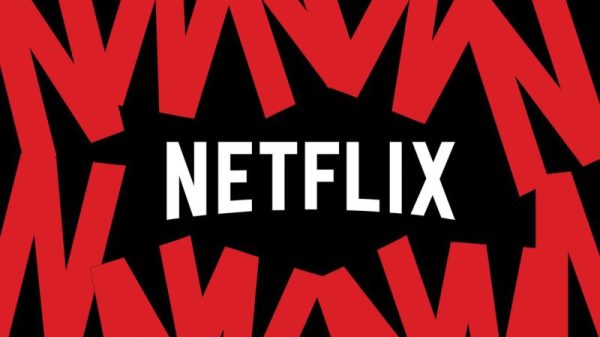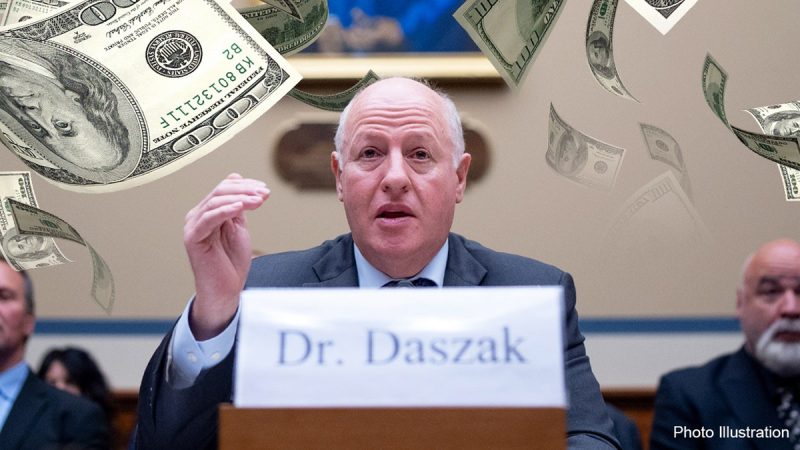As the ongoing debate regarding the funding and operations of research organizations continues to intensify, recent revelations surrounding the EcoHealth Alliance have shed light on a controversial narrative. According to reports, the EcoHealth Alliance, which focuses on researching the connections between wildlife and human health, has received a substantial amount of taxpayer funds over the past decade. The organization, which has been at the forefront of researching zoonotic diseases and emerging pathogens, has come under scrutiny for its financial dealings and research practices.
With nearly $100 million in taxpayer funds allocated to the EcoHealth Alliance since 2008, questions have been raised regarding the organization’s transparency and accountability. Critics argue that the substantial funding received by the EcoHealth Alliance has not always been utilized effectively or ethically. Concerns have been raised about the organization’s collaborations with foreign research institutions, particularly in countries where regulations and oversight may be lacking.
One particular source of controversy surrounds the EcoHealth Alliance’s involvement in gain-of-function research, a contentious area of study that involves enhancing the transmissibility or virulence of pathogens. Critics of this type of research argue that it poses significant risks, including the accidental release of dangerous pathogens into the environment. The EcoHealth Alliance’s role in funding gain-of-function research in partnership with the Wuhan Institute of Virology in China has drawn significant scrutiny, especially in the context of the COVID-19 pandemic.
Furthermore, the EcoHealth Alliance’s financial ties to the U.S. government and other funding sources have raised concerns about potential conflicts of interest. Some critics argue that the organization’s funding sources may influence its research priorities and outcomes. The lack of transparency surrounding the EcoHealth Alliance’s financial dealings and research activities has fueled skepticism among both policymakers and the public.
In response to these criticisms, the EcoHealth Alliance has defended its research practices and emphasized the importance of studying the connections between wildlife and human health. The organization has highlighted its contributions to identifying and preventing zoonotic diseases, as well as its collaborations with international partners. However, calls for greater transparency and oversight of the EcoHealth Alliance’s activities persist, with some advocating for increased scrutiny of the organization’s research projects and funding sources.
The controversy surrounding the EcoHealth Alliance serves as a reminder of the complexities inherent in funding and conducting research on emerging pathogens and zoonotic diseases. As the global community continues to grapple with the impacts of the COVID-19 pandemic, questions regarding the allocation of taxpayer funds to research organizations like the EcoHealth Alliance will likely remain at the forefront of public discourse. Ultimately, the need for transparency, accountability, and ethical conduct in scientific research is paramount to ensuring the safety and well-being of populations worldwide.


































